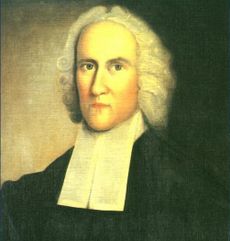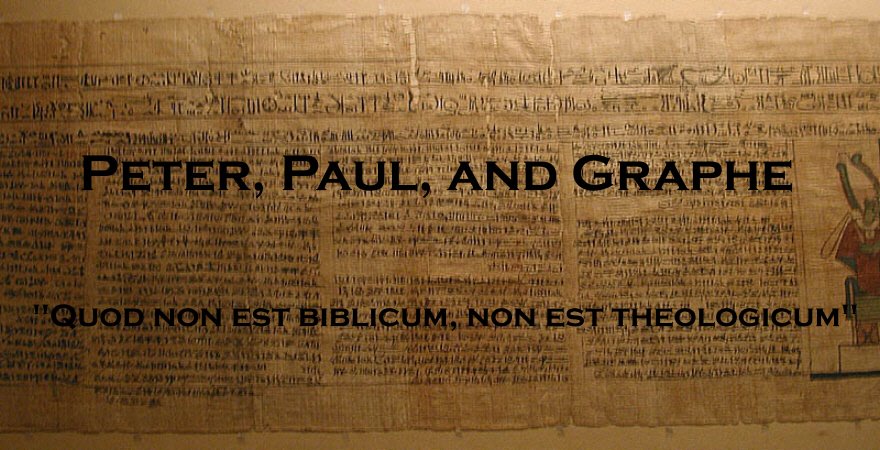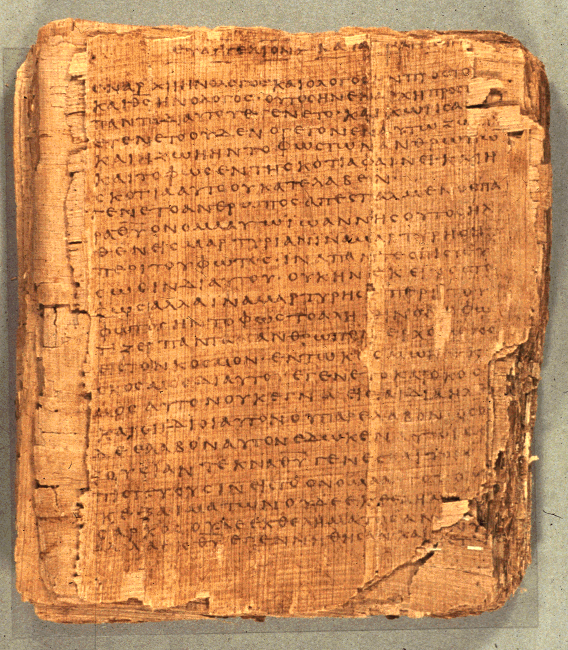 As I was preparing this post, I realized that before discussing Edward’s view of depravity, it might be wise for me to first discuss his views on original sin and other closely related issues. As I was preparing this post, I realized that before discussing Edward’s view of depravity, it might be wise for me to first discuss his views on original sin and other closely related issues.
There has been a great deal of disagreement among scholars as to whether or not Edwards held to a mediate or immediate view of imputation. Edwards did hold to the idea of original sin, and also to the idea of imputed sin. The reason for the controversy over Edward’s view is due to 1) some of his writings seem to indicate one or the other, and 2) some of Edward’s theological views relating to the nature of man have been interpreted to substantiate one or the other.
Let us first define what Edwards meant by original sin. To Edwards, original sin was both the innate sinful depravity of the heart along with the imputation of Adam’s first sin (implied is the imputation to all of mankind). His view is widely accepted in reformed circles and is a standard view.
Next, let us discuss Edward’s view of original sin as related to federal or representative headship. Edwards advocated a bit of a hybrid form of federalism, and it has been called the “principle (doctrine) of personal identity.” Edwards seems to indicate that Adam’s posterity actually consented to and participated in Adam’s original sin, hence their possession and guilt of that original sin. According to Edwards, Man’s constitution is an “oneness,” a “sameness” that places all men on the same level in sin of which Adam is simply the first. This principle of personal identity was merely Edward’s way of explaining Adam’s sin as a continuation within his posterity. Those advocating that Edwards held to a mediate view of imputation have accused him of saying that Adam’s sin was not imputed to them, only repeated by them.
Now for the great debate: did Edwards hold to mediate imputation (inherited moral corruption as the cause of guilt/liability) or immediate imputation (Adam’s race is imputed with his sin and that is the legal basis for their depravity). I have followed the lead of my Church History professor who states that, “Edwards did teach a type of immediate imputation, combining in that doctrine both the imposition of guilt and the inheritance of a sinful disposition” (notes, “Theological Systems in American Church History,” Dr. Gerald Priest). Edwards taught that Adam was the head: that is federalism. As far as the two views are concerned, inherited moral corruption is a consequence of the imputation of guilt/liability, not the cause of it. Gerstner concisely states the Edwardsean view of imputation: “What Edwards is saying most clearly is that when Adam represented them he did more that that – he was identified with them – by a divine constitution, the very same constitution by which God identifies all of us with our separate selves” (Rational and Biblical Theology, II:333).
We can say, however, that Edwards did confuse the issue a great deal (hence, the continued debate by interpreters of Edwards). We should endeavor to be less esoteric in our own writings: be clear, be precise, but be most of all biblical. |





















Comments on "Edwardsean Theology, Part 2: Original Sin and Imputation"
post a comment